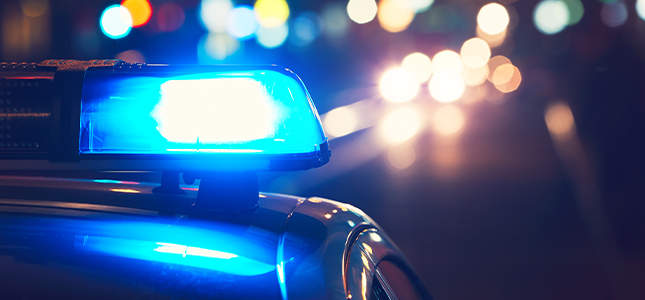Most of us have been through a DUI or traffic check point at some time during our life. If you are simply headed home from work or to pick your kids up from school, a driver’s license check point is merely an inconvenience, slowing you down long enough to provide your driver’s license, registration and proof of insurance to the inquiring officer. At worst, you get a ticket for a seatbelt violation or for having an expired tag. But what if you are leaving dinner at a friend’s home where you had a couple of glasses of wine and you are asked to step out of the car “so that we can make sure you are ok to drive?”
A roadblock case is not like other DUI cases where the officer pulls you over for a traffic violation. In a roadblock case, the officer met with you only because you were in the wrong place at the wrong time and not because of some traffic violation. This gives you numerous avenues to fight what may be an unfounded and unprovable DUI charge. Some of the many questions to ask include: Was the checkpoint properly done pursuant to the agency’s policies and procedures and pursuant to case law? Was the time and location of the check point publicized? Was the checkpoint in a properly chosen location and was it successful? Absent this data, you may have a legal challenge to the officer’s probable cause to arrest and charge you with DUI.
Each case is unique. You should make certain that you hire a local attorney who is qualified and well versed in DUI cases so that each opportunity for a good result will be explored. Handling a DUI case that originates from a roadblock or check point requires specific knowledge and skills. Does your attorney participate in Continuing Legal Education on Driving Under the Influence cases? Is your attorney a member of organizations that devote their time to protecting the rights of those accused of crimes, specifically DUI? Is your attorney a member of the National Association of Criminal Defense Lawyers (NACDL), South Carolina Association of Criminal Defense Lawyers (SCACDL), DUI Defense Lawyers Association (DUIDLA) or the National College for DUI Defense (NCDD)?
Don’t rely on billboards, television or radio ads, or even a slick website to choose your attorney. Ask friends, family or even law enforcement for a referral. Ask questions to make sure your attorney is qualified before spending your hard-earned money. Make sure you get the best representation possible.

